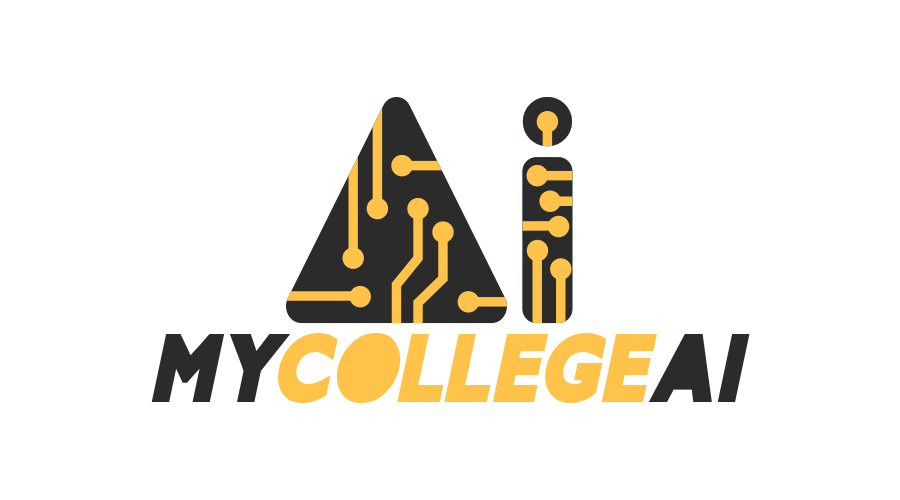In the digital age, the process of applying for jobs has shifted from traditional mail to electronic communication, and email has become the go-to method for submitting resumes. Crafting an email to accompany your resume is more than just a formality; it’s an opportunity to make a positive first impression and showcase your professionalism. In this blog post, we’ll explore the essential elements of writing an effective email when sending your resume to an employer, offering tips, and highlighting best practices.
Subject Line: Be Clear and Concise
Example: Application for [Job Title] – [Your Full Name]
The subject line is the first thing the employer sees, so make it count. Be clear and specific about the purpose of your email. Include the job title you’re applying for and your full name. A well-crafted subject line not only grabs the employer’s attention but also makes it easier for them to categorize and find your application later.
Salutation: Addressing the Recipient Professionally
Example: Dear [Hiring Manager’s Name] or Dear Hiring Team,
If you have the hiring manager’s name, use it. If not, a general salutation like “Dear Hiring Manager” or “Dear Hiring Team” is appropriate. Avoid generic openings like “To Whom It May Concern.” Personalizing your salutation shows that you’ve taken the time to research and makes your email more engaging.
Introduction: Expressing Your Interest and Mentioning the Job
Example: I hope this email finds you well. My name is [Your Name], and I am writing to express my interest in the [Job Title] position listed on your company’s website.
Start your email with a brief and polite introduction. Express your interest in the position and mention where you found the job listing. This sets a positive tone and immediately communicates the purpose of your email.
Body Paragraph: Highlighting Your Qualifications and Skills
Example: With a background in [Your Relevant Experience], I believe my skills in [Key Skills] make me an ideal candidate for the [Job Title] position at [Company Name].
Use the body of your email to highlight your qualifications briefly. Focus on key skills and experiences that are directly relevant to the job you’re applying for. Keep it concise and compelling, emphasizing what makes you a standout candidate.
Attachment Mention: Drawing Attention to Your Resume
Example: Attached to this email is my resume, which provides more details about my professional background, skills, and accomplishments.
Clearly state that your resume is attached to the email. Be explicit to ensure the employer knows where to find the necessary information. If you have a portfolio or additional documents, mention them here.
Closing Paragraph: Expressing Enthusiasm and Next Steps
Example: I am excited about the opportunity to contribute to [Company Name], and I am confident that my skills align well with the requirements of the position. Thank you for considering my application. I look forward to the possibility of discussing how my experiences can benefit your team in greater detail.
End your email with a closing paragraph expressing enthusiasm for the opportunity. Thank the employer for considering your application and express your eagerness to discuss your qualifications further. This sets a positive tone and leaves the door open for potential interviews or conversations.
Signature: Including Contact Information
Example: Best regards,
[Your Full Name]
[Your Phone Number]
[Your LinkedIn Profile or Personal Website, if applicable]
Conclude your email with a professional signature. Include your full name and contact information, making it easy for the employer to reach out to you. If you have a professional LinkedIn profile or personal website, consider adding those links for additional context.
Attachment: Sending a Polished Resume
Attach your resume to the email. Ensure that your resume file is named professionally, such as “YourName_Resume.pdf.” Choose a common file format like PDF to ensure compatibility across different devices and systems. Double-check the attachment before hitting the “Send” button to avoid any issues.
Tips for Writing an Effective Email
Research the Recipient: If possible, find out the name of the hiring manager or the person responsible for hiring. Addressing them directly adds a personal touch to your email.
Customize Each Email: Avoid sending generic emails. Tailor each email to the specific job you’re applying for and the company you’re applying to. This shows that you’ve invested time and effort into your application.
Be Concise: Keep your email concise and to the point. Employers often receive numerous applications, so clarity and brevity are essential.
Use a Professional Email Address: If your current email address is too casual, consider creating a professional one for job applications. It’s a small detail, but it contributes to a polished impression.
Proofread: Typos and grammatical errors can leave a negative impression. Proofread your email and resume thoroughly before sending. Consider using a tool like Grammarly for added assistance.
Follow Application Instructions: If the job posting provides specific instructions for applying, follow them diligently. Whether it’s including certain information in the subject line or using a particular format, adherence to instructions reflects your attention to detail.
Send a Test Email: Before sending your application, send a test email to yourself or a friend to ensure that the formatting is correct, and attachments open as intended.
Follow Up: If you don’t receive a response after a reasonable period, consider sending a polite follow-up email expressing your continued interest in the position.
Conclusion
Crafting a compelling email when sending your resume to an employer is an integral part of the job application process. It’s your chance to introduce yourself, showcase your qualifications, and leave a positive impression. By following the tips and examples provided in this blog post, you can create an email that stands out and increases your chances of moving forward in the hiring process. Remember, a well-written email is not just a formality; it’s an essential tool in your job-seeking arsenal.

